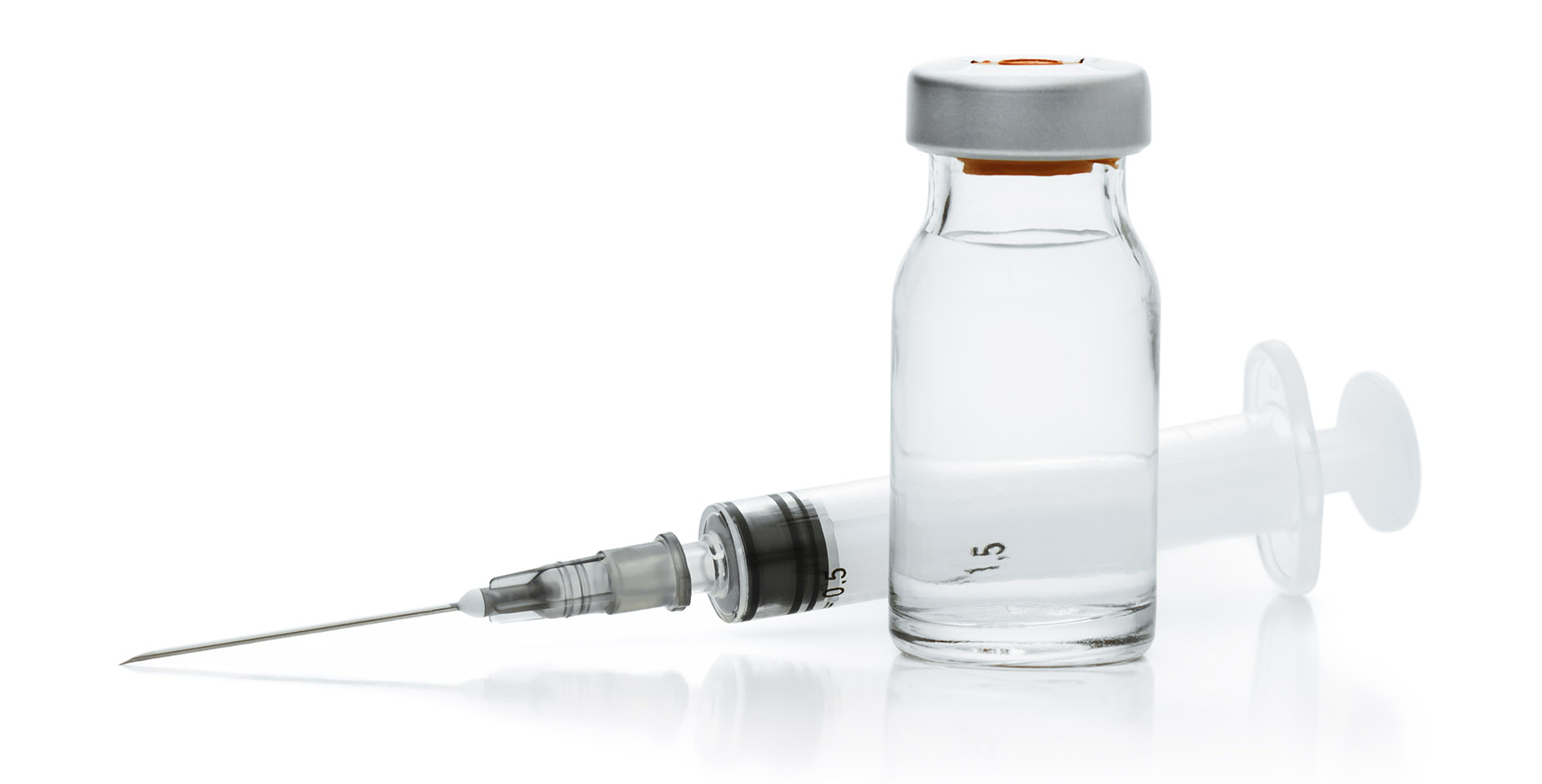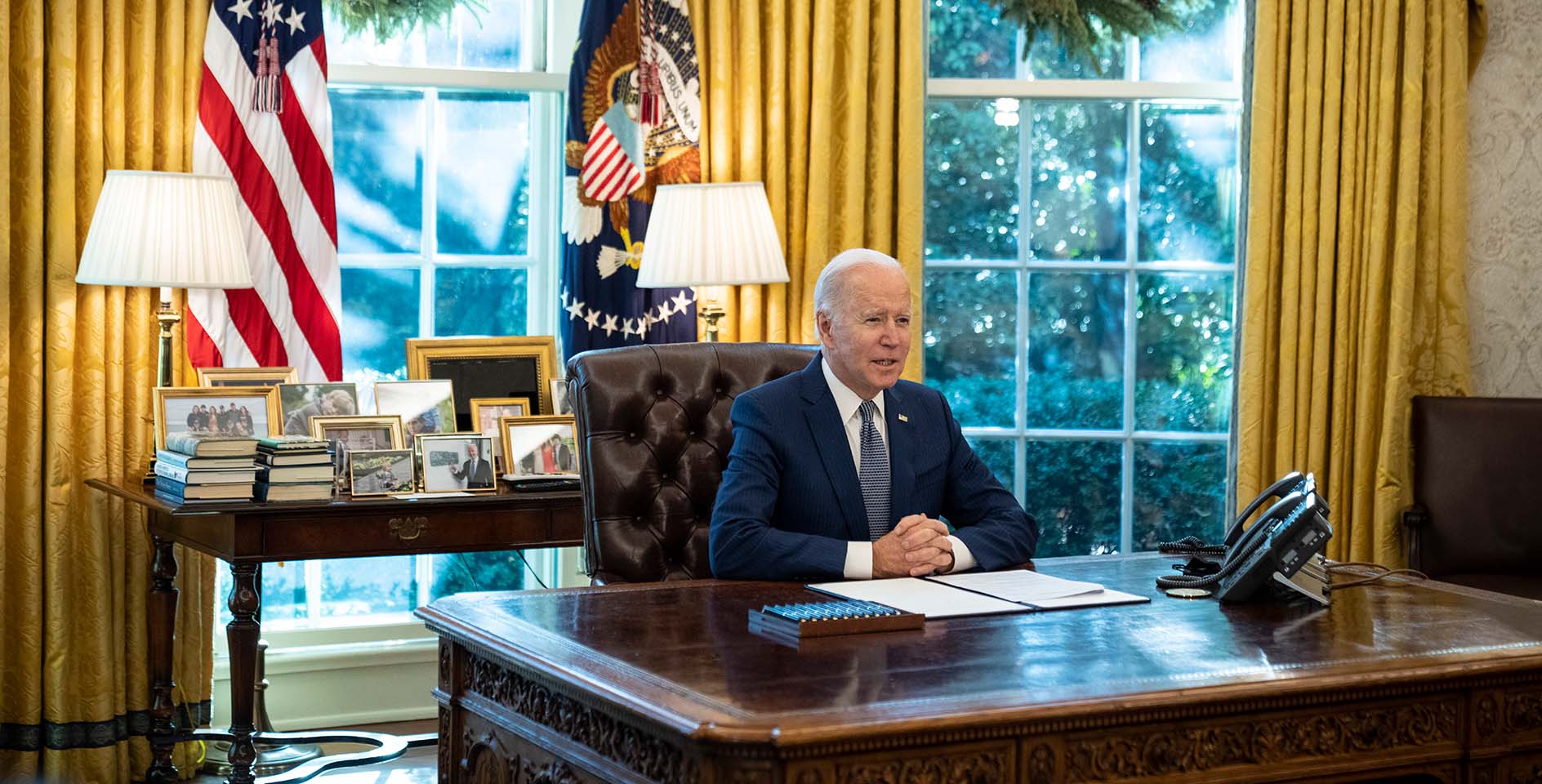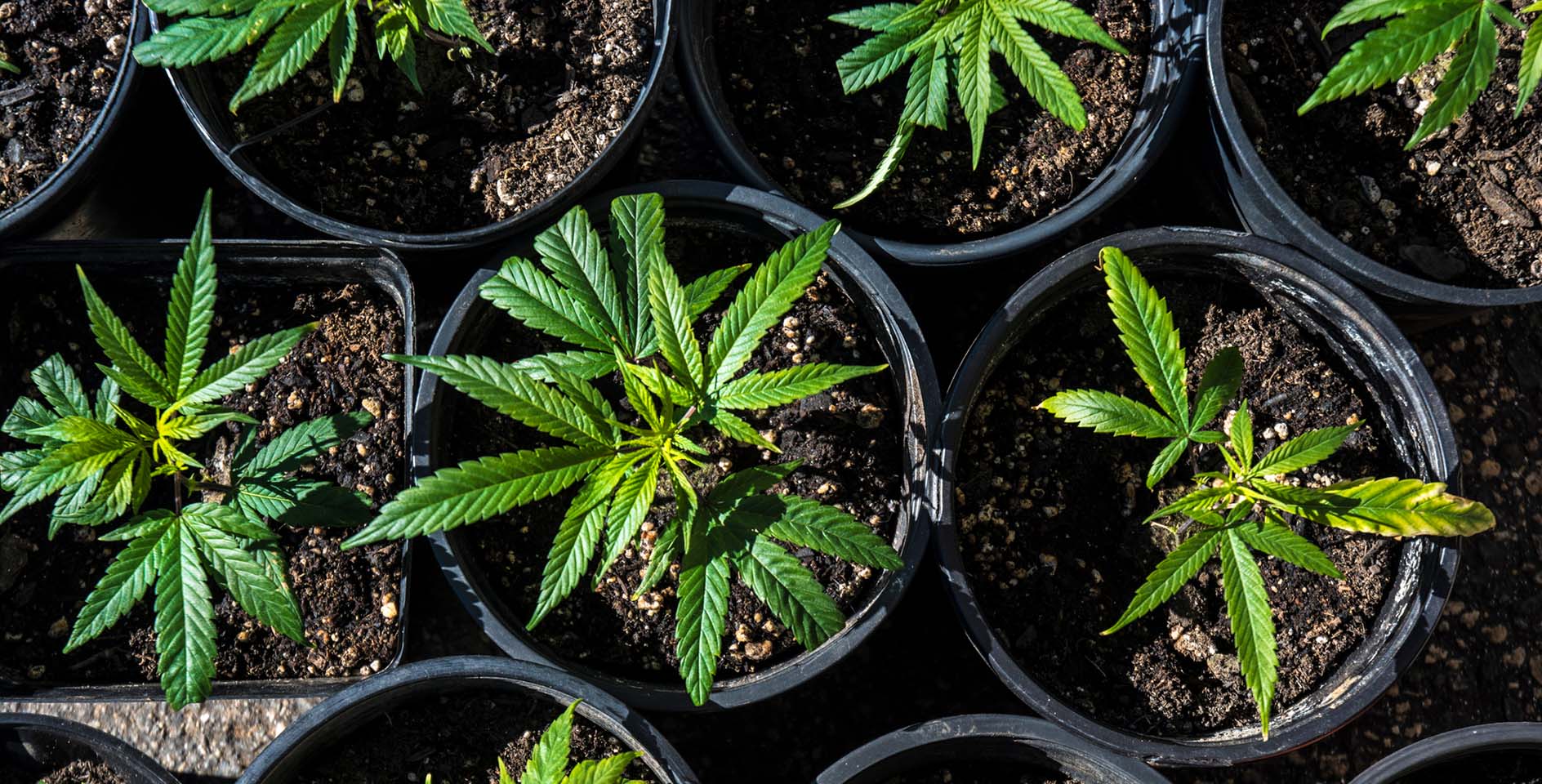“You mean the STD vaccine? No thanks. She doesn’t need that.”
I have heard this refrain many times, both in my practice and in conversations with friends and family. Parents who otherwise have no qualms about protecting their children with routine immunizations often balk when it comes to the human papillomavirus (HPV) vaccine.
Why? The most common reason I’ve heard from parents is a simple one: They don’t think their child needs it. They perceive that their child has no risk of getting a sexually transmitted HPV infection in their lifetime, so the vaccine must not be necessary. Christian parents, in particular, can be skeptical of a vaccine they view as specifically intended for sexually active teens.
Of course, parents who are committed followers of Christ are absolutely right to be discerning in how they interact with a healthcare system that does not necessarily share their worldview. We should not blindly accept every recommendation. But as we seek to raise children who love and obey the Lord, does giving them the HPV vaccine unavoidably infringe upon our Christian sensibilities? I would argue that it does not.
What is HPV?
Human papillomavirus is a very common virus that is spread from person to person through skin-to-skin (usually sexual) contact. HPV is the most common sexually transmitted infection in the United States. It’s so common, in fact, that nearly all sexually active people will be infected with one or more types of HPV during their lifetime. Many people know of HPV as the cause of genital warts, but more frequently the infection goes unnoticed because it causes no outward signs or symptoms. These asymptomatic infections can still be unwittingly spread from person to person, which makes it difficult to control transmission in the general population.
Certain types of HPV are known to cause cancer (e.g., cervical or penile cancer) or precancerous lesions, though these usually do not present until years later. A recent study estimated nearly 40,000 cases of HPV-associated cancer per year in the U.S. Cervical cancer is the most well known of these, and women are encouraged to undergo regular screening to detect it early. The extent of disease in men is greatly underappreciated, but they account for 40 percent of all HPV-associated cancers.
A means of cancer prevention
Due to the high prevalence of HPV infection and the known risk of developing HPV-associated cancers, I advise families to strongly consider giving their children the recommended HPV vaccine series (currently, a three-dose series starting at 11–12 years old). Rather than focusing on the perceived likelihood of their child getting a sexually transmitted infection, I encourage parents to frame the HPV vaccine in their mind as a safe and reliable method of cancer prevention. As the statistics show, HPV-associated cancers are common, but this vaccine offers a reliable method of prevention, even in high-risk populations. That's a pretty remarkable statement—we have a cancer-preventing vaccine. As a healthcare provider, I love writing that sentence and wish I could write it about more diseases.
As with any medical intervention, there is an associated risk, but the safety profile of HPV vaccines is well established, and serious adverse effects have been shown to be extremely rare. Public concern and rumors about adverse effects persist—you’ve likely come across them in conversation or on your Facebook page—but it is important to note that a causal association between HPV vaccination and most of these purported side effects remains unproven.
So, at the risk of oversimplifying, it seems a pretty straightforward calculation: If you have a safe and easy way to ensure the prevention of HPV-associated cancers in your children’s future, why wouldn't you take it?
Well-meaning hesitations
Nevertheless, plenty of well-intending parents remain hesitant. The most common reason I have heard from Christian parents who decline the HPV vaccine has nothing to do with any concern about the safety of the vaccine; it is that they don't think their children will be at risk for a sexually transmitted infection such as HPV.
Of course, few Christian parents believe their child is likely to become sexually active before marriage. I can relate with that. Furthermore, if we tend not to think of our children as likely to become sexually active in their teenage or single adult years, it follows that we would be even less inclined to consider the potential future health consequences of that activity, especially at the young age of 11. So when I offer the HPV vaccine to a parent, it does not surprise me that the recommendation seems completely irrelevant to them.
The medical community does not always help make the case for why it is relevant, often promoting the vaccine in a way that is off-putting to Christians. For instance, even if a parent wanted to learn more about the HPV vaccine to help make the best decision for their child’s health, they have to wade through educational material drowning in secular assumptions about a teenager’s propensity for high-risk sexual activity (and a parent’s desire to safely empower it). It’s completely understandable that these resources don’t resonate with Christian parents.
Careful consideration in a fallen world
Regardless of how you perceive your child’s risk, I would encourage you not to dismiss the HPV vaccine outright. As followers of Christ, we face the reality of raising children in a fallen world, a world in which a surprisingly large amount of people harbor a virus that causes cancer. Parents have a God-ordained role in helping to protect our children from sin and its consequences, cancer included.
To be clear, our first line of defense in this fight is not vaccination; it is the gospel of Jesus Christ. We are called to bring our children up in the discipline and instruction of the Lord (Eph. 6:4). We must teach and train them diligently, praying they will grow to treasure Christ and trusting the Spirit to give them a desire to understand and obey all of God's commands, including his design for sex and marriage. As parents, this is our task and our hope.
Yet even as we actively seek this for our children, we have no cause to assume they will never sin or be sinned against. We’re all familiar with the stark reality of the prevalence of sexual sin in our society. I am not advocating that we assume the worst of our children and start handing out condoms, but neither should we pretend they could never be at risk of sexual sin.
Or, to go a step further, even if our children do abstain from sexual activity before marriage, what grounds do we have to assume their future spouse will have done the same? With an infection as common as HPV, that’s all it takes to be considered “at risk.” Yet, we’re often overly confident that our children won’t be in this situation and turn down the opportunity to provide protection from life-threatening cancer.
Giving the HPV vaccine is not an endorsement of sexual activity or a prediction of future high-risk behavior; it’s prudence. As a dad and a doctor, I would encourage Christian parents to consider the HPV vaccine as a simple, safe and effective method of keeping HPV-associated cancer from ever being a part of their children’s story.










